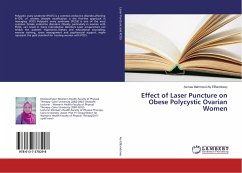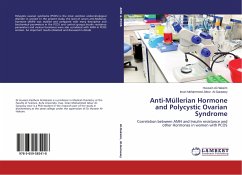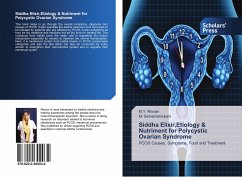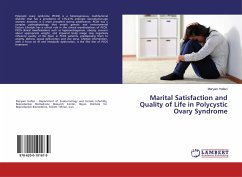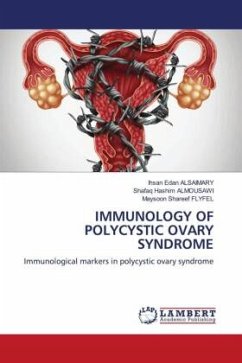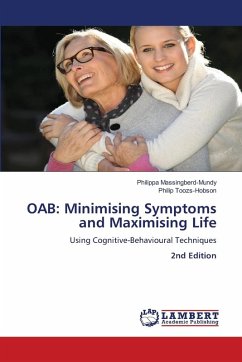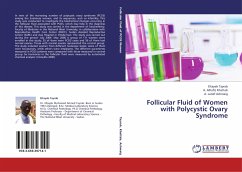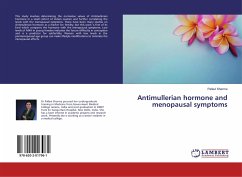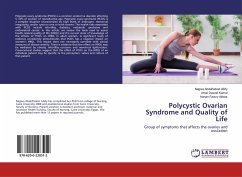
Polycystic Ovarian Syndrome and Quality of Life
Group of symptoms that affects the ovaries and ovulation
Versandkostenfrei!
Versandfertig in 6-10 Tagen
27,99 €
inkl. MwSt.

PAYBACK Punkte
14 °P sammeln!
Polycystic ovary syndrome (PCOS) is a common endocrine disorder affecting 5-10% of women of reproductive age. Polycystic ovary syndrome (PCOS) is a complex situation characterized by high levels of androgen, menstrual irregularity, and/or cysts on one or both ovaries. The health risks associated with PCOS include infertility, diabetes, metabolic syndrome and endometrial cancer. In this article, we review the tools used to assess health-related quality of life (HRQL) and the current state of knowledge of the effects of PCOS on HRQL in adult women. A significant body of evidence consistently dem...
Polycystic ovary syndrome (PCOS) is a common endocrine disorder affecting 5-10% of women of reproductive age. Polycystic ovary syndrome (PCOS) is a complex situation characterized by high levels of androgen, menstrual irregularity, and/or cysts on one or both ovaries. The health risks associated with PCOS include infertility, diabetes, metabolic syndrome and endometrial cancer. In this article, we review the tools used to assess health-related quality of life (HRQL) and the current state of knowledge of the effects of PCOS on HRQL in adult women. A significant body of evidence consistently demonstrates that PCOS has a negative impact on women's HRQL. This impact does not necessarily correlate with clinical measures of disease severity. There is evidence that the effect on HRQL may be mediated by obesity, infertility concerns and menstrual dysfunction. Cross-cultural studies suggest that the effect of PCOS on the HRQL of an individual patient may be specific to the perception, values and culture of that patient.



